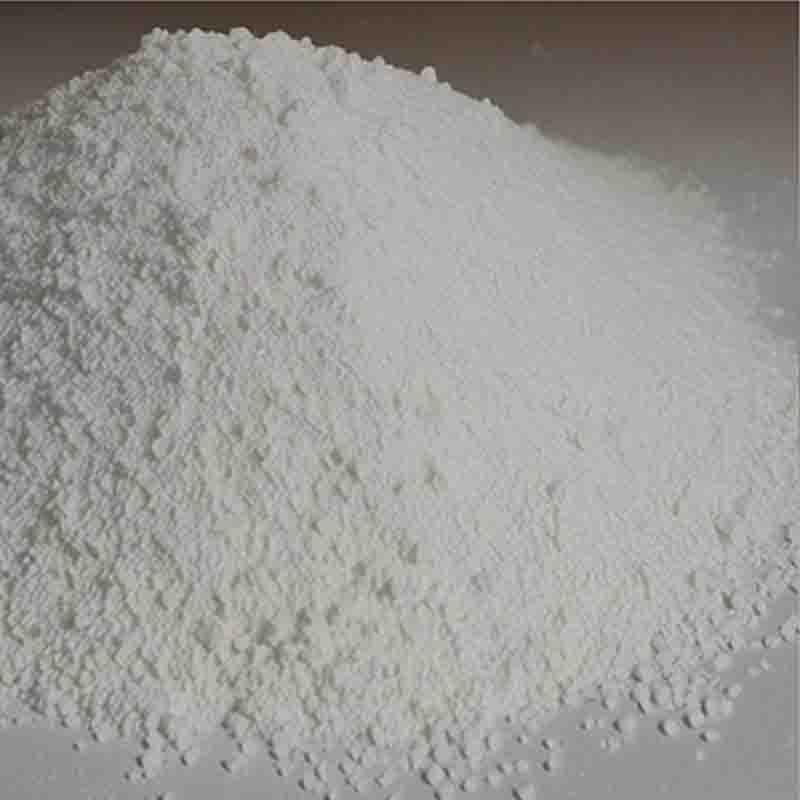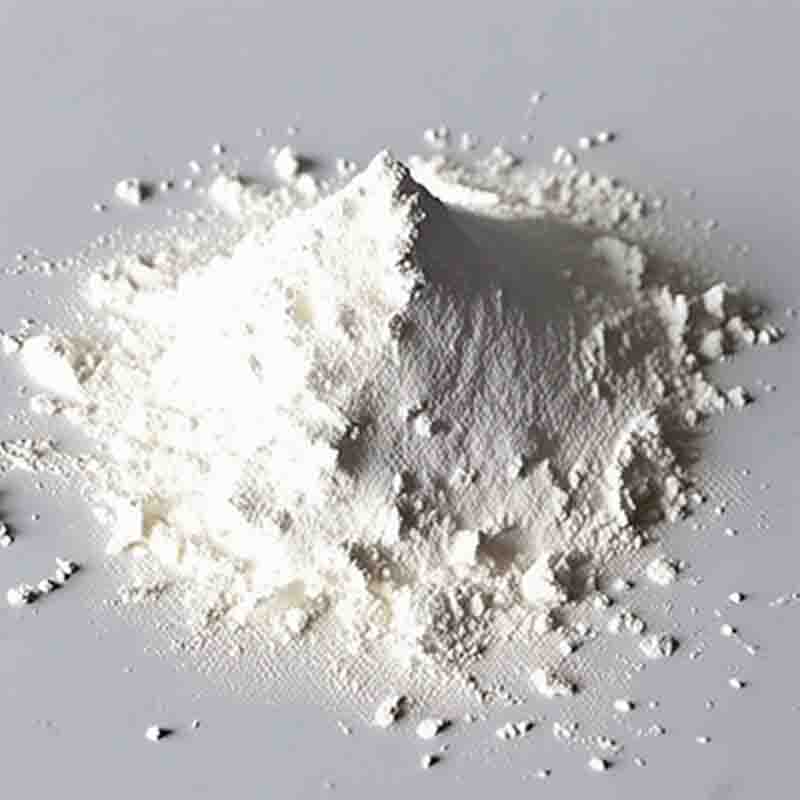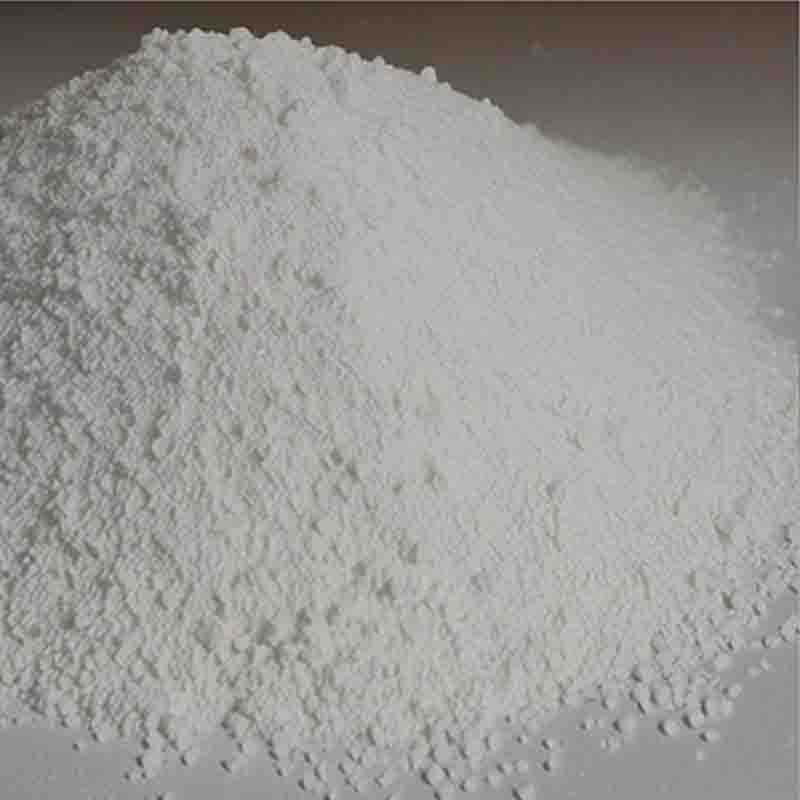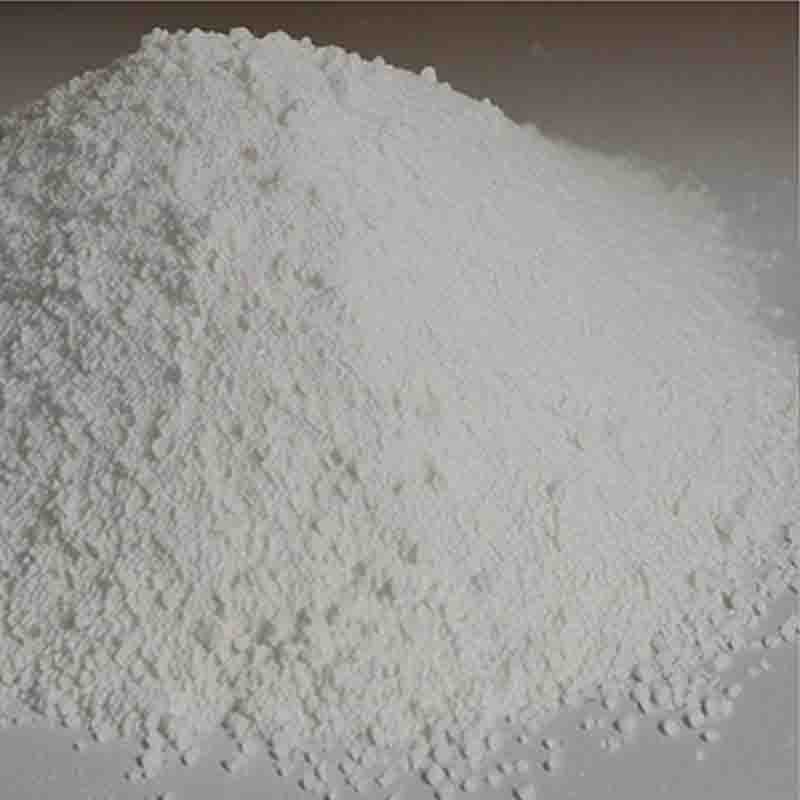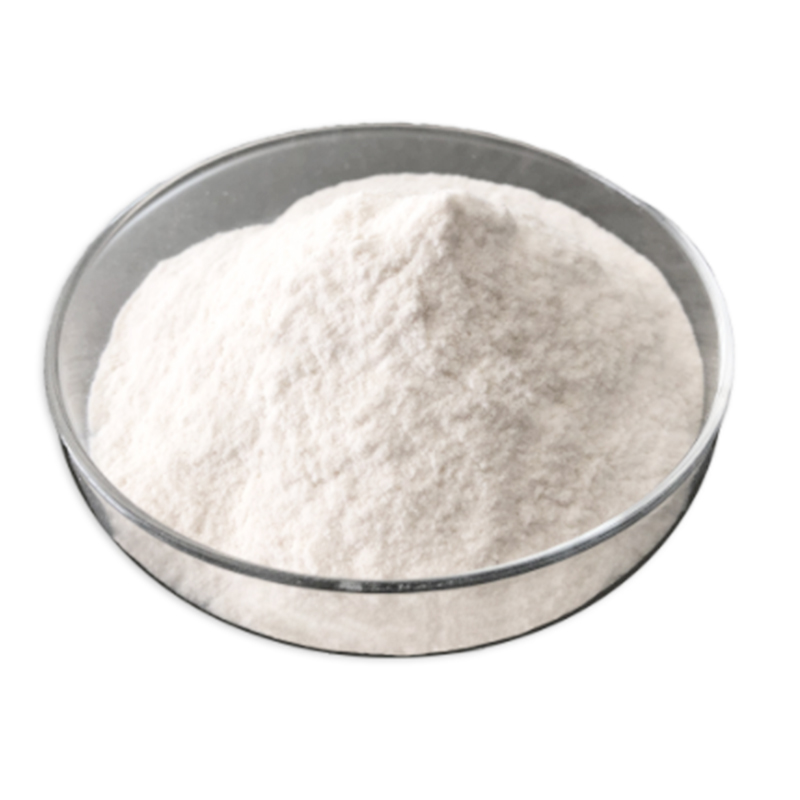(ETHYLENEDITHIO)DIACETICACID CAS:7244-02-2
| Catalog Number | XD95893 |
| Product Name | (ETHYLENEDITHIO)DIACETICACID |
| CAS | 7244-02-2 |
| Molecular Formula | C6H10O4S2 |
| Molecular Weight | 210.27 |
| Storage Details | Ambient |
Product Specification
| Appearance | White powder |
| Assay | 99% min |
(ETHYLENEDITHIO)DIACETIC ACID, commonly known as EDTA, is a chelating agent that has a wide range of effects and implications in various fields. In this 300-word essay, we will explore the effects of EDTA and its significance in different applications.One of the main effects of EDTA is its ability to form stable complexes with metal ions. The chelation process involves the formation of a coordination complex between the EDTA molecule and a metal ion, resulting in a stable complex that is easily removed from solution. This property of EDTA makes it a valuable tool in various industries, including the pharmaceutical, food, and water treatment sectors.In the pharmaceutical industry, EDTA is used as a sequestering agent to prevent or minimize the adverse effects of metal ions on drug stability. Metal ions, such as iron or copper, can catalyze chemical reactions that can lead to the degradation of drugs, reducing their potency and shelf life. By chelating these metal ions, EDTA helps to maintain the integrity of drugs, ensuring their efficacy and stability.EDTA also finds extensive use in the food industry as a food preservative and antioxidant. It can effectively chelate metal ions that catalyze oxidative reactions, thus preventing or slowing down the oxidation of food products. This property helps to extend the shelf life of various food products, including oils, dressings, and canned goods, by inhibiting the formation of off-flavors and rancidity.In addition, EDTA is widely used in water treatment processes. It acts as a sequestering and complexing agent that is capable of removing harmful metal ions, such as lead and cadmium, from water. By binding to these metal ions, EDTA helps to prevent their deposition or precipitation, thus minimizing their potential impact on human health and the environment.Moreover, EDTA has found applications in analytical chemistry, where it is used as a reagent for complexometric titrations. These titrations are widely used for the quantitative determination of metal ions in various samples. EDTA's ability to form stable complexes with metal ions makes it a valuable tool for accurate and precise metal ion determination.In conclusion, EDTA's ability to chelate metal ions has significant effects and implications in various industries. It plays a crucial role in pharmaceuticals by preserving drug stability, acts as a food preservative and antioxidant, helps in water treatment processes by preventing metal ion contamination, and is essential in analytical chemistry for metal ion determination. The versatility of EDTA makes it a valuable compound with wide-ranging applications, contributing to the advancement of these industries.




